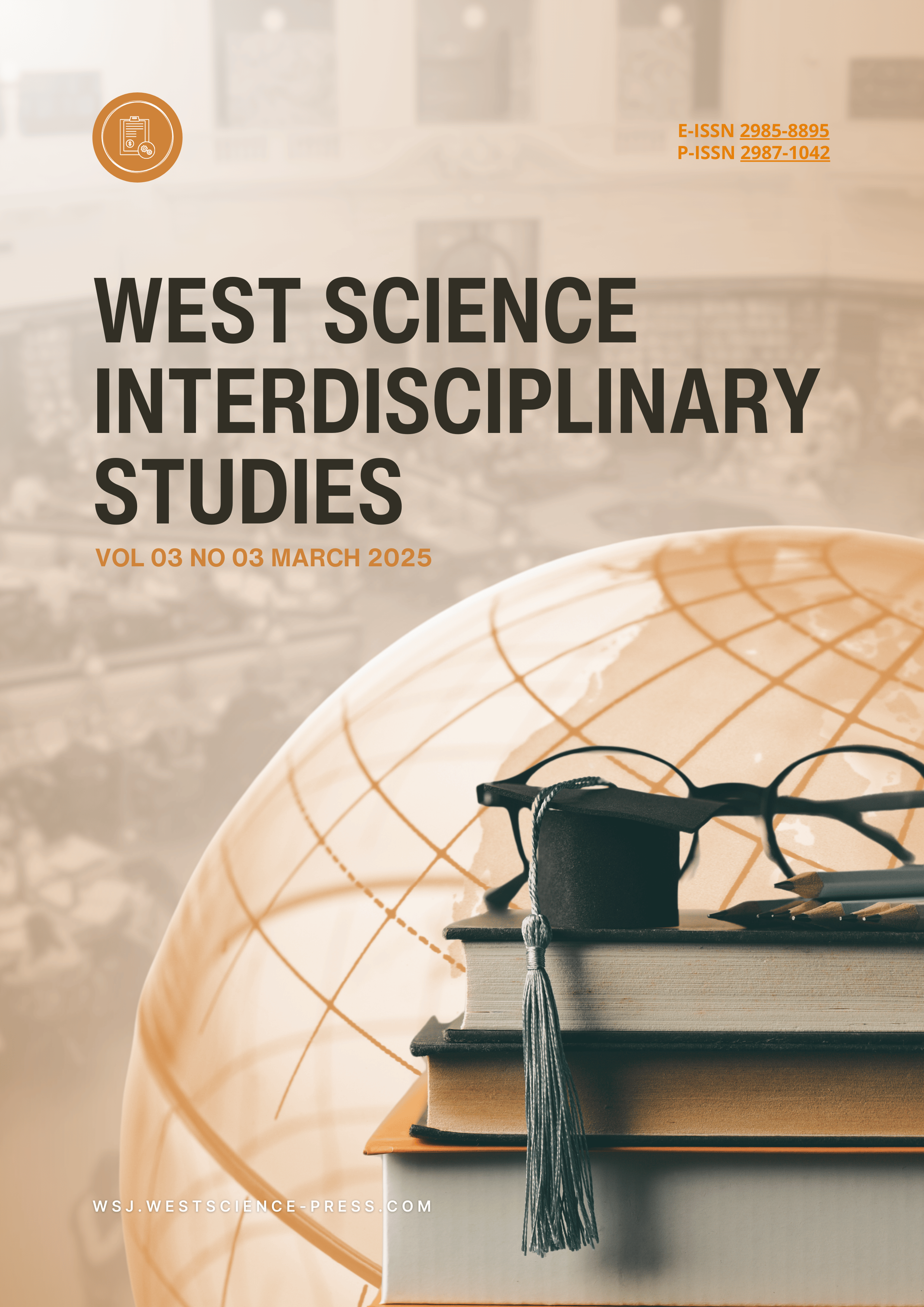The Role of Local Government in Preventing Drug Abuse: A Legal Pluralism Approach
DOI:
https://doi.org/10.58812/wsis.v3i03.1792Keywords:
Drug Abuse Prevention, Traditional Villages' Role, Government CollaborationAbstract
Drug abuse is a serious problem that requires attention and collaborative action from various parties, including the government, social institutions, and the community, especially the Traditional Village. This study aims to explore the role of the Bali Provincial Government and Traditional Villages in efforts to prevent and eradicate drug abuse. The research method used is normative law with a legislative approach and qualitative analysis. The results of the study indicate that the Bali Provincial Government has implemented various programs, such as collaboration with the National Narcotics Agency (BNN), socialization to the community, strengthening regulations, and providing rehabilitation facilities for drug users. In addition, Traditional Villages play an important role in educating the community about the dangers of drugs, forming anti-drug cadres, and providing social support for individuals at risk. Cooperation between Traditional Villages and the government, as well as a cultural-based approach, are key to creating a safe and drug-free environment. This study emphasizes the importance of collaboration between the government, institutions, and the community in overcoming drug abuse in Bali, in order to create a healthy society that is free from the dangers of drugs.
References
[1] A. Iskandar, Jalan lurus: penanganan penyalah guna narkotika dalam konstruksi hukum positif. Tanpas Communications, 2015.
[2] dkk Makaro, Moh.Taufik, Tindak Pidana Narkotika. Jakarta: Ghalia Indonesia, 2005.
[3] P. M. Marzuki, “Penelitian Hukum, Kencana Prenada Media Group, Jakarta.” Nashriana, 2011.
[4] S. Soekanto, H. Liklikuwata, and M. W. Kusumah, Kriminologi: Suatu Pengantar. Ghalia Indonesia, 1981.
[5] A. Fadholi, D. Surtikanthi, and S. Annisya, “Pentingnya Dekriminalisasi Penyalah Guna Narkotika melalui Asesmen Terpadu dalam RUU Narkotika,” J. Kaji. Strat. Ketahanan Nas., vol. 5, no. 1, pp. 5–6, 2022.
[6] B. Abimanyu, Perang Narkotika di Indonesia. Jakarta: Indonesia Press, 2019.
[7] M. Latifah, “Dekriminalisasi Penyalahgunaan Narkotika di Indonesia,” DPR RI, Bid. Huk. Info Singk. (Kajian Singk. terhadap Isu Aktual dan Strateg. XI (2)/II, Januari, 2019.
[8] K. Widiartini, “Otonomi Daerah,” Universitas Pendidikan Ganesha, 2014.
[9] W. P. Windia and K. Sudantra, “Pengantar hukum adat bali,” Denpasar Lemb. Dokumentasi dan Publ. Fak. Huk. Univ. Udayana, p. 115, 2006.
[10] W. P. Windia, Mengenal hukum adat Bali. Pustaka Ekspresi, 2023.
[11] Aminudin dan Zainal Asikin, Pengantar Metode Penelitian Hukum, Edisi Revisi. Depok: PT Raja Grafindo Persada, 2023.
[12] S. E. M. A. Nomor, “Tahun 2011 tentang Penempatan Korban Penyalahgunaan Narkotika di dalam Lembaga Rehabilitasi Medis dan Rehabilitasi Sosial,” 3AD.
[13] R. Tabiu and D. Hardiago, “Reformulasi Undang-Undang Narkotika Sebagai Proyeksi Persoalan Overcrowding Rutan di Indonesia,” J. Magister Huk. Udayana (Udayana Master Law Journal), vol. 12, no. 1, pp. 178–194, 2023, doi: 10.24843/JMHU.2023.v12.i01.p14.
[14] S. E. M. A. Nomor, “tahun 2010 tentang Penempatan Penyalahgunaan,” Korban Penyalahgunaan dan Pecandu Nark. ke dalam Lemb. Rehabil. Medis dan Rehabil. Sos., 4AD.
[15] S. Mustari Pide, Hukum Adat, Dahulu, Kini dan Akan Datang, Cetakan Kelima. Jakarta: Prenadamedia Group, 2020.
Downloads
Published
Issue
Section
License
Copyright (c) 2025 Susanti Oktavia, Anak Agung Istri Ari Atu Dewi

This work is licensed under a Creative Commons Attribution-ShareAlike 4.0 International License.
























 Instagram
Instagram 